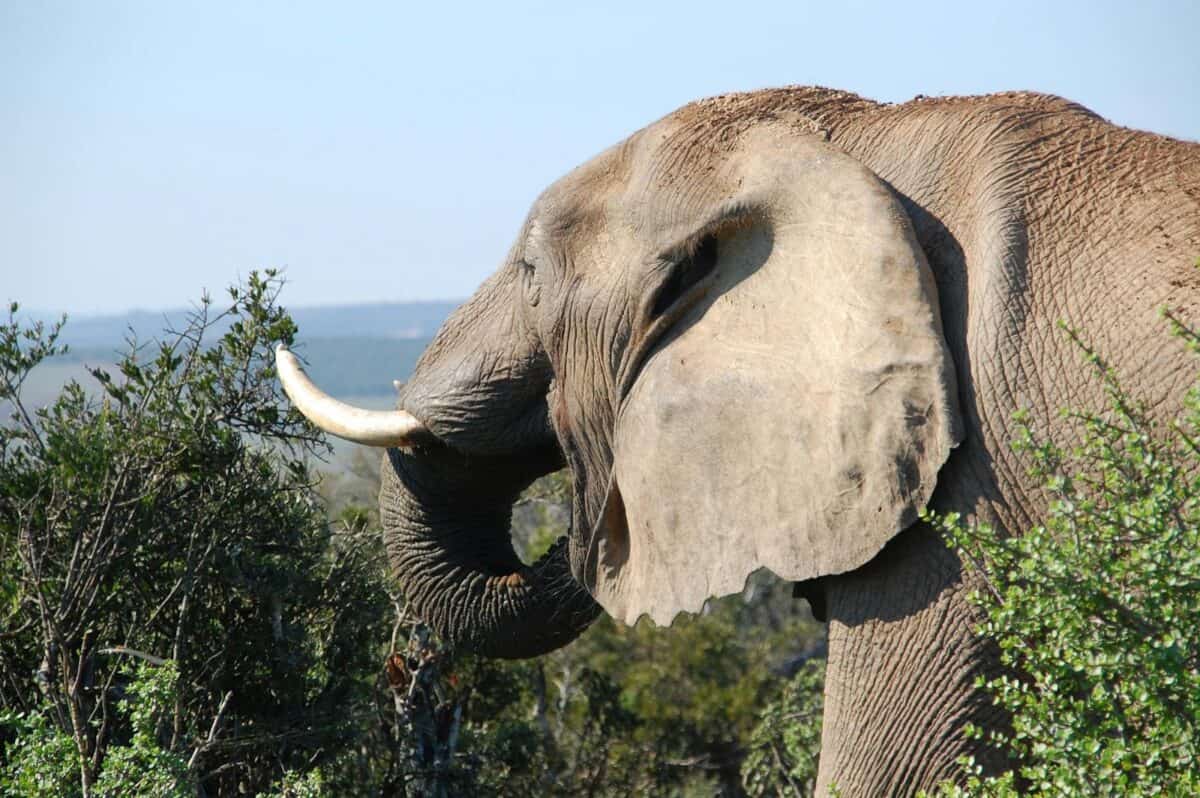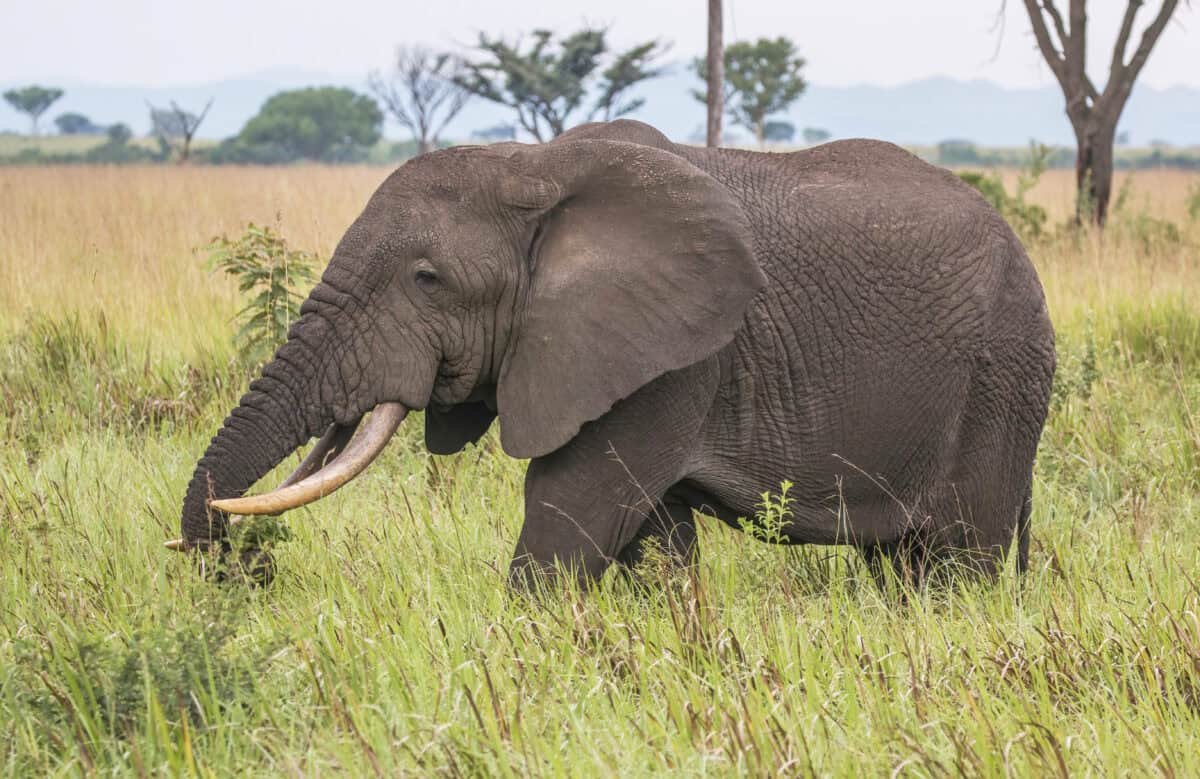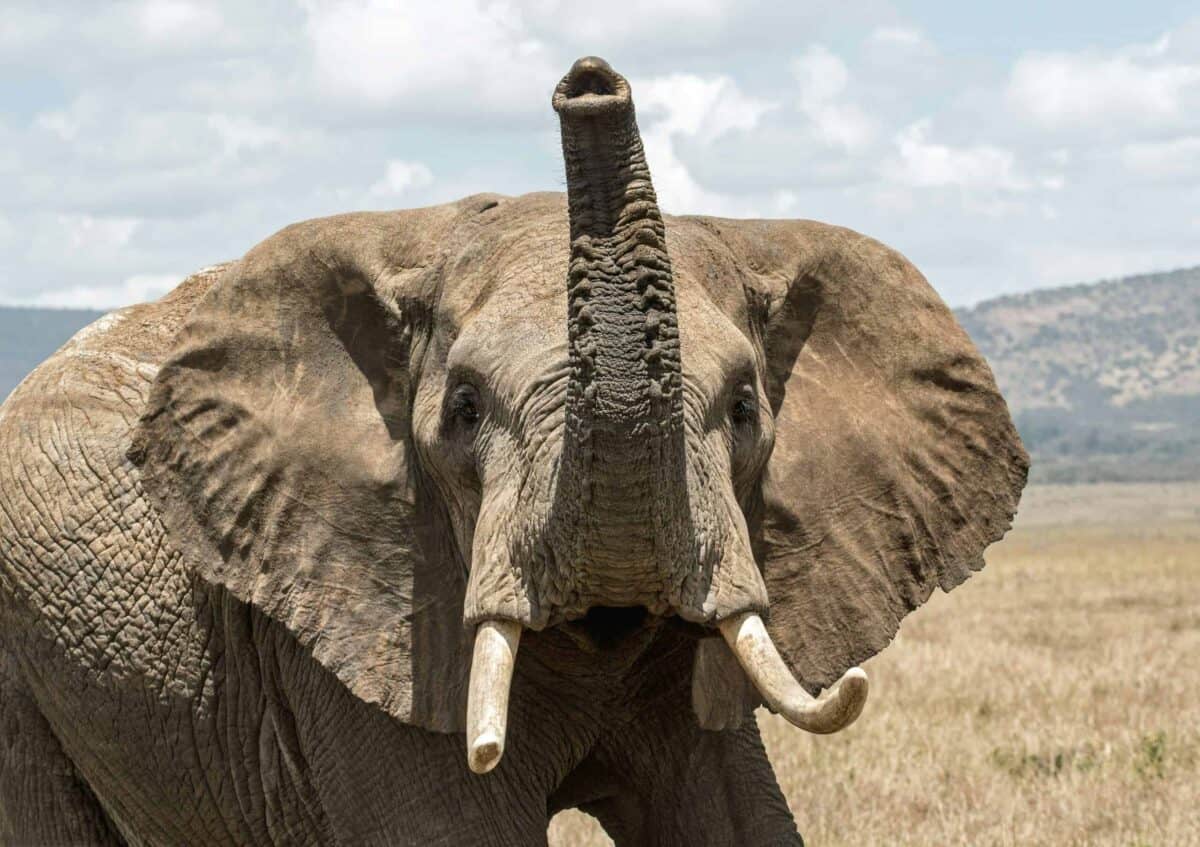Elephants are often celebrated for their remarkable memory, a trait that has fascinated humans for centuries. But how exactly do elephants manage to remember so much? Recent scientific research has begun to unravel the mysteries of elephant memory, offering insights into how these majestic creatures process and retain information. In this article, we will explore the fascinating aspects of elephant memory, from the biology behind it to the ways in which elephants utilize their cognitive abilities in the wild.
The Myth of Elephant Memory

The phrase “an elephant never forgets” has been passed down through generations, reflecting the widely held belief in elephants’ impressive recall abilities. While this adage may exaggerate to some extent, there is a strong basis in reality. Elephants demonstrate complex behaviors that suggest a profound capacity for memory, critical for their survival in the wild.
The Anatomy of Elephant Memory

Recent studies have focused on the elephant brain to understand their memory capabilities. Elephants have the largest brain of any land mammal, with a well-developed hippocampus, a region crucial for memory and navigation. This anatomical feature plays a significant role in their ability to store and recall vast amounts of information.
Social Bonds and Memory

Elephants are highly social animals, and their memory plays a vital role in maintaining social structures. They remember the faces and vocalizations of both friends and foes, enabling them to navigate complex social networks. This ability to recall social bonds is key to the cohesion and cooperation seen within elephant herds.
Memory’s Role in Navigation

Elephants possess an extraordinary spatial memory, allowing them to traverse large territories efficiently. They can recall paths to water sources across considerable distances, even after many years. This navigational memory is essential for their survival, particularly in arid environments where water is scarce.
Emotional Memory in Elephants

Elephants display signs of complex emotions, such as grief, joy, and empathy. They are known to remember and mourn deceased companions, returning to the sites of their deaths and engaging in behavior that suggests a deep emotional connection. This emotional memory underscores the sophistication of elephant cognition.
The Role of Experience in Memory Development

Elephants, like humans, build their memory capacities over time. Young elephants learn from the matriarchs and elders of the herd, who pass down crucial survival knowledge. This intergenerational transfer of memory highlights the importance of experience in shaping elephant behavior and culture.
Memory and Problem-Solving Skills

Elephants demonstrate advanced problem-solving abilities, often relying on their memory to navigate challenges. For example, they can remember how to manipulate tools to access food or remove obstacles, exhibiting a level of ingenuity rarely seen in the animal kingdom.
Communication and Memory

Elephant communication is intricate and largely dependent on memory. They use a variety of vocalizations, gestures, and even seismic vibrations to communicate. Remembering these signals is crucial for coordinating actions and maintaining social bonds within the herd.
The Lifespan of Elephant Memories

Elephants have a long lifespan, with memories that seem to last just as long. Research indicates that elephants can remember individuals and events for decades, showcasing a long-term memory capacity that parallels that of humans. This enduring memory is pivotal for their survival and social structure.
Elephant Memory in Myth and Culture

Throughout history, elephants have held a place of reverence in various cultures, often symbolizing wisdom and memory. From Asian mythologies to African folklore, elephants are depicted as wise creatures, their legendary memory weaving into human storytelling traditions.
The Impact of Environmentally Induced Memory Challenges

Recent environmental changes have put pressure on elephant populations, sometimes challenging their traditional memory-based knowledge. Habitat loss and climate change force elephants to adapt quickly to new conditions, testing the flexibility and durability of their memory.
Conservation and the Importance of Memory

Conservation efforts can benefit from understanding elephant memory. Protecting migration routes and water sources highlighted by elephants’ memory can aid in preserving these populations. Recognizing their cognitive needs is essential for developing effective strategies to protect these incredible creatures.
Conclusion

The depth of an elephants memory is a testament to the complexity and intelligence of these magnificent animals. As science continues to reveal how their memory works, it enriches our understanding of elephants and underscores the importance of protecting them. Elephants teach us valuable lessons about memory, social bonds, and adaptation, reminding us of the profound connections shared across the animal kingdom. As we strive to conserve these gentle giants, acknowledging their cognitive prowess is crucial in ensuring their continued survival and the preservation of their rich social and emotional lives.
- Elephants Never Forget, But Science Just Discovered How Their Memory Works - August 14, 2025
- 12 Animals That Work Together to Survive in the Wild - August 14, 2025
- The Secret Role Wolves Play in Keeping Forests Healthy - August 13, 2025

